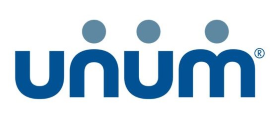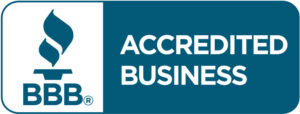Commercial Property Insurance
What is Commercial Property Insurance?
Commercial property insurance, also known as commercial building insurance, is a type of insurance policy designed to protect businesses and their physical assets, including buildings, equipment, inventory, and other property. This insurance is essential for business owners, as it can help cover the costs of repairing or replacing damaged or lost property in the event of a fire, theft, or natural disaster. By having adequate commercial property insurance in place, you can safeguard your business and ensure its continued success.
Types of Commercial Building Insurance Coverage
When it comes to insurance for commercial properties, there are several types of coverage available, each designed to meet the unique needs of different businesses. Some of the most common types of commercial property insurance include:
- Building coverage: This type of coverage protects the physical structure of your commercial property, including the walls, roof, and foundation. It can help pay for repairs or replacement if your building is damaged or destroyed due to a covered peril, such as a fire, storm, or vandalism.
- Contents coverage: Also known as business personal property coverage, this insurance covers the items inside your commercial building, such as inventory, equipment, and furniture. If your business property is damaged or stolen, contents coverage can help cover the costs of replacing these items.
- Business interruption coverage: If a covered event forces you to temporarily close your business, business interruption insurance can help cover lost income and ongoing expenses, such as employee wages and rent. This type of coverage is crucial for businesses that rely on a physical location to generate revenue.
- Equipment breakdown coverage: Also known as boiler and machinery insurance, this coverage protects your business against the costs associated with repairing or replacing damaged equipment, such as HVAC systems, computers, and manufacturing machinery.
- Inland marine coverage: This type of insurance covers property that is in transit or stored off-site, such as inventory being shipped to a customer or equipment used at a job site.
Key Components of Commercial Property Insurance Policies
When evaluating commercial property insurance policies, it’s important to understand the key components that make up these policies. Some important aspects to consider include:
- Covered perils: Your commercial insurance property policy will outline the specific perils, or risks, that are covered. Common covered perils include fire, theft, vandalism, and certain types of weather-related damage. Be sure to review your policy carefully to understand what is and isn’t covered.
- Exclusions: Just as important as understanding what is covered is knowing what is excluded from your policy. Common exclusions include flood, earthquake, and intentional acts of damage by the policyholder.
- Deductibles: A deductible is the amount you’ll have to pay out-of-pocket before your insurance coverage kicks in. Higher deductibles typically result in lower premiums, but also mean you’ll have to pay more in the event of a claim.
- Policy limits: Your policy limits are the maximum amounts your insurance will pay out for a covered loss. It’s crucial to have adequate limits in place to ensure you’re fully protected in the event of a major loss.
- Coinsurance: Some commercial property insurance policies include a coinsurance clause, which requires the policyholder to insure their property for a certain percentage of its value, typically 80% or 90%. If your property isn’t insured for the required percentage, you may face a penalty in the event of a claim.
Reducing Risks and Maximizing Protection for Your Commercial Property
To minimize potential risks and maximize the protection offered by your commercial property insurance, consider the following steps:
- Conduct regular risk assessments: Regularly evaluate your commercial property to identify potential risks and vulnerabilities. This can help you address any issues before they escalate and potentially lead to a costly claim.
- Implement safety measures: Implementing safety measures such as fire alarms, sprinkler systems, and security cameras can not only help protect your property but also potentially lower your insurance premiums.
- Maintain your property: Regular maintenance and upkeep of your commercial property can help prevent damage and minimize the likelihood of a claim. Make sure to address any issues promptly, such as fixing leaks or repairing damaged equipment.
- Review your coverage regularly: As your business grows and evolves, your insurance needs may change. Regularly review your commercial property insurance policy to ensure it continues to provide adequate coverage for your business.
Frequently Asked Questions About Commercial Property Insurance
To help you better understand commercial insurance property coverage, we’ve answered some frequently asked questions on the topic:
Is commercial property insurance required by law?
While commercial property insurance is not typically required by law, it may be required by your lender if you have a mortgage on your commercial property. Additionally, some landlords may require their tenants to carry commercial property insurance as part of their lease agreement.
How much does commercial property insurance cost?
The cost of commercial property insurance varies depending on several factors, including the size and location of your property, the type of business you operate, and the coverage limits and deductibles you choose.
What is the difference between replacement cost and actual cash value coverage?
Replacement cost coverage pays for the cost of replacing your damaged or destroyed property with new, comparable items, without factoring in depreciation. Actual cash value coverage, on the other hand, takes depreciation into account when determining the payout for a claim. Replacement cost coverage typically offers more comprehensive protection but may come with higher premiums.
Do I need separate flood or earthquake insurance?
Most commercial property insurance policies exclude damage caused by floods and earthquakes. If your business is located in an area prone to these risks, you may need to purchase separate flood or earthquake insurance to ensure you’re fully protected.
By understanding the ins and outs of commercial insurance property coverage, you can make informed decisions to protect your business and its assets. Work closely with Integrated Insurance Advisors to ensure you have the right coverage in place to safeguard your business and ensure its continued success.
Schedule a Call to Start
Once we receive your information, our team will contact you to discuss your policy options. Our goal is to make sure you are correctly insured and to provide you with the same or better coverage at the best price possible.
Request A Quote
"*" indicates required fields



























